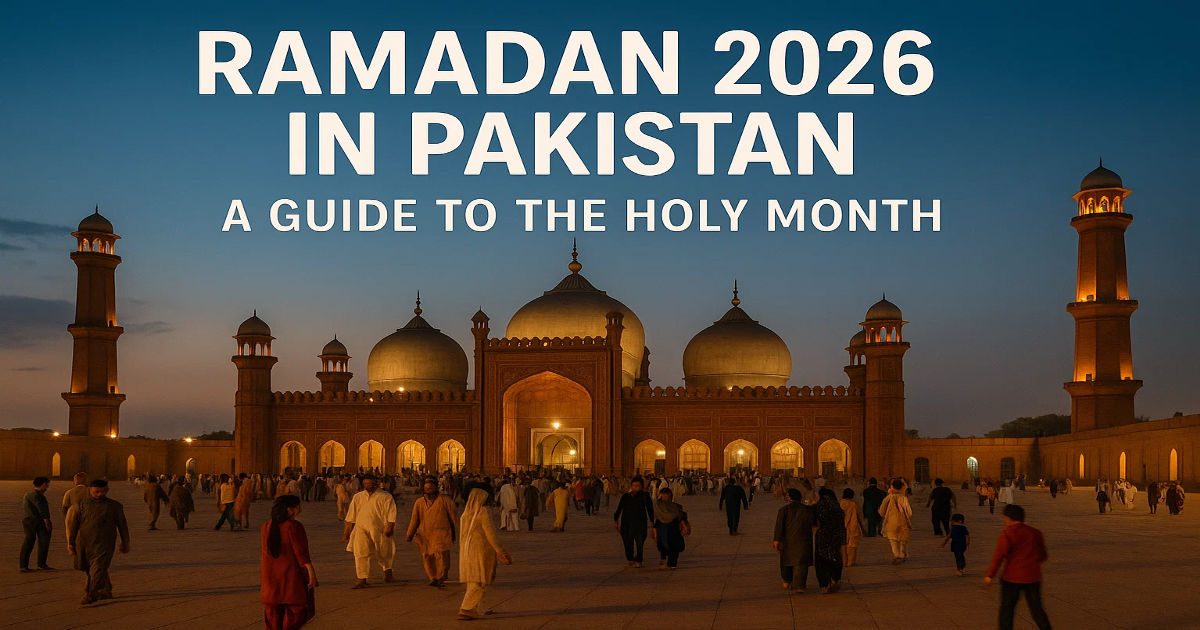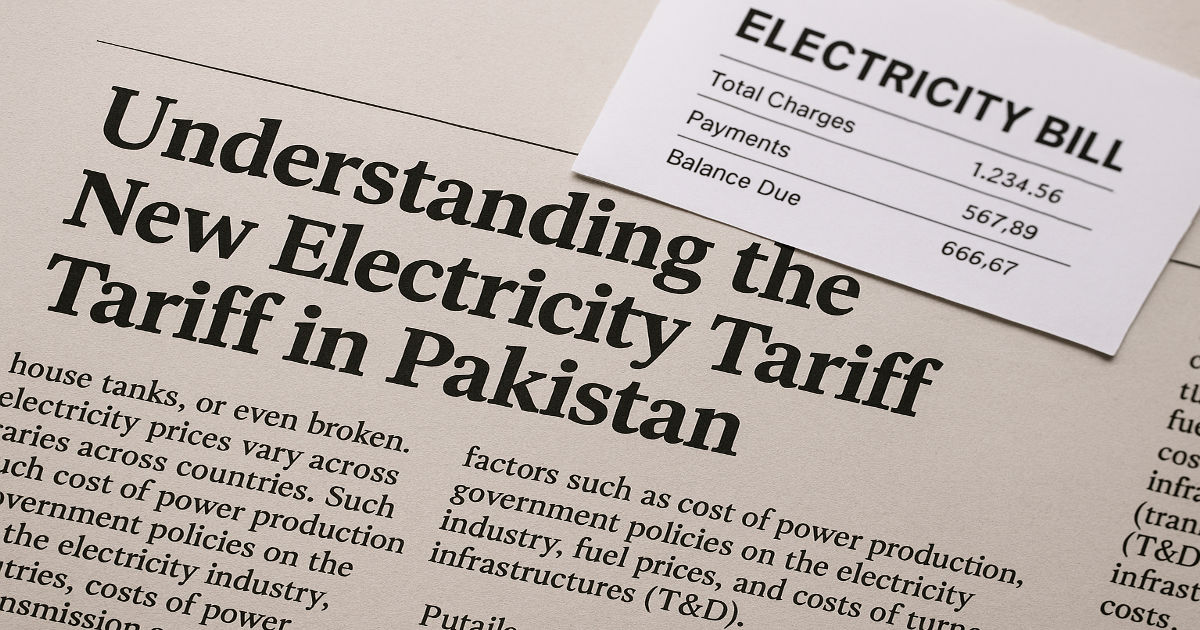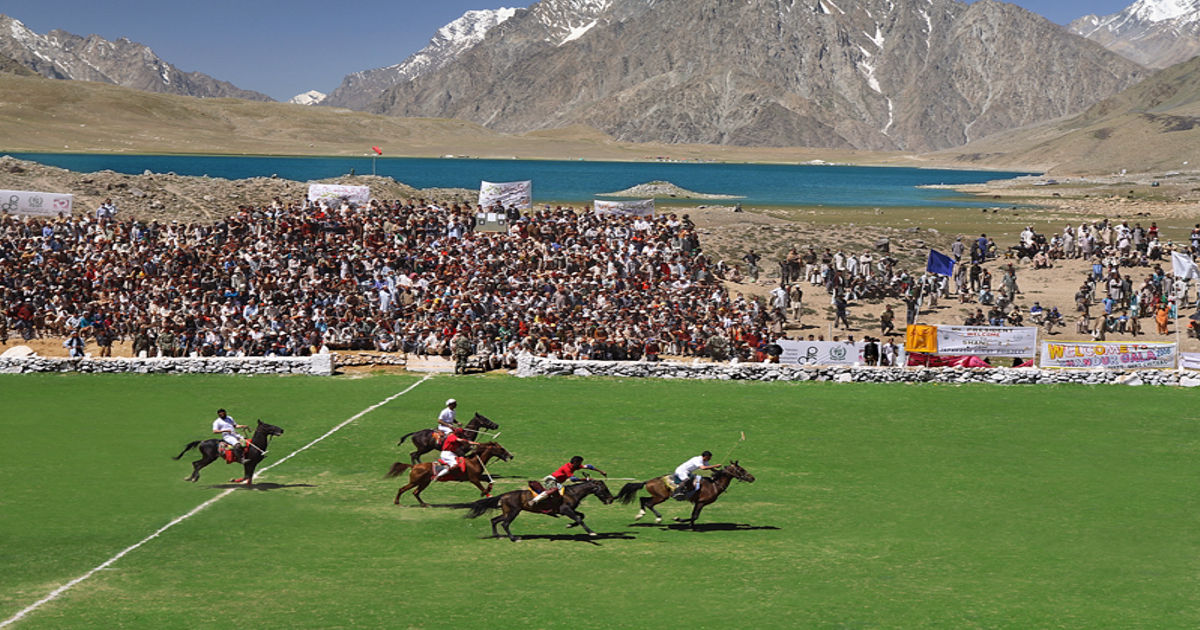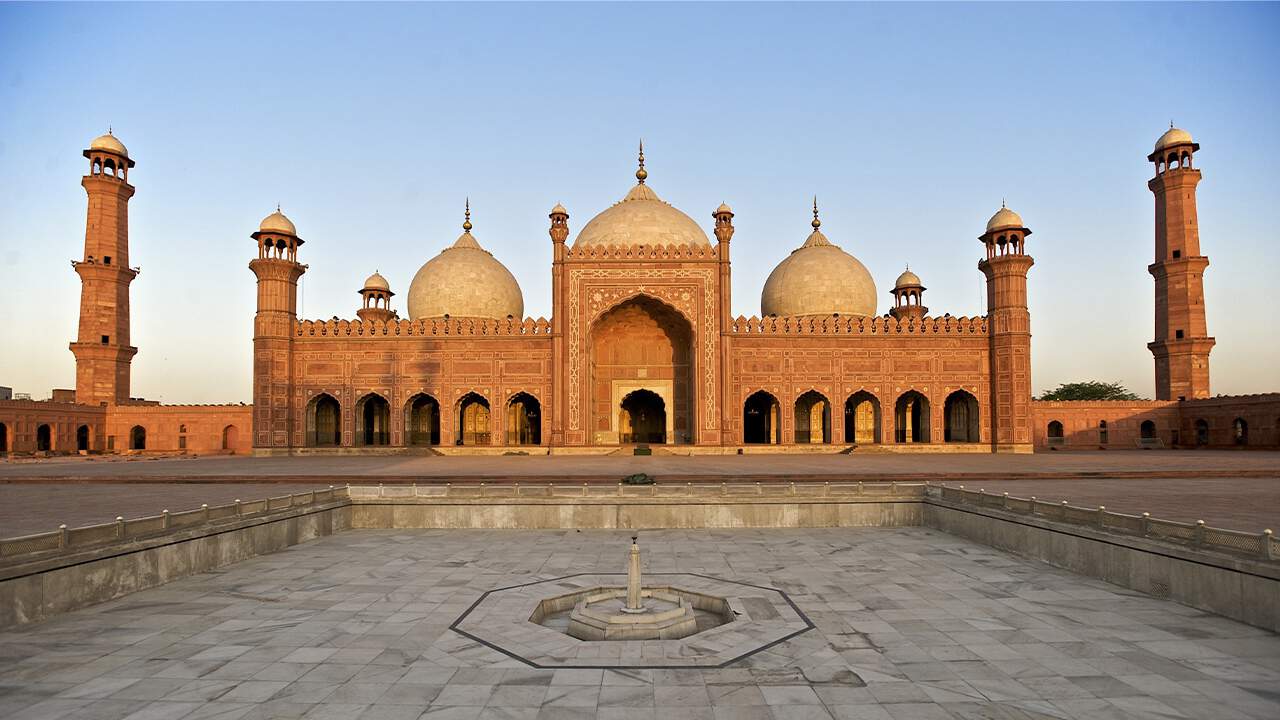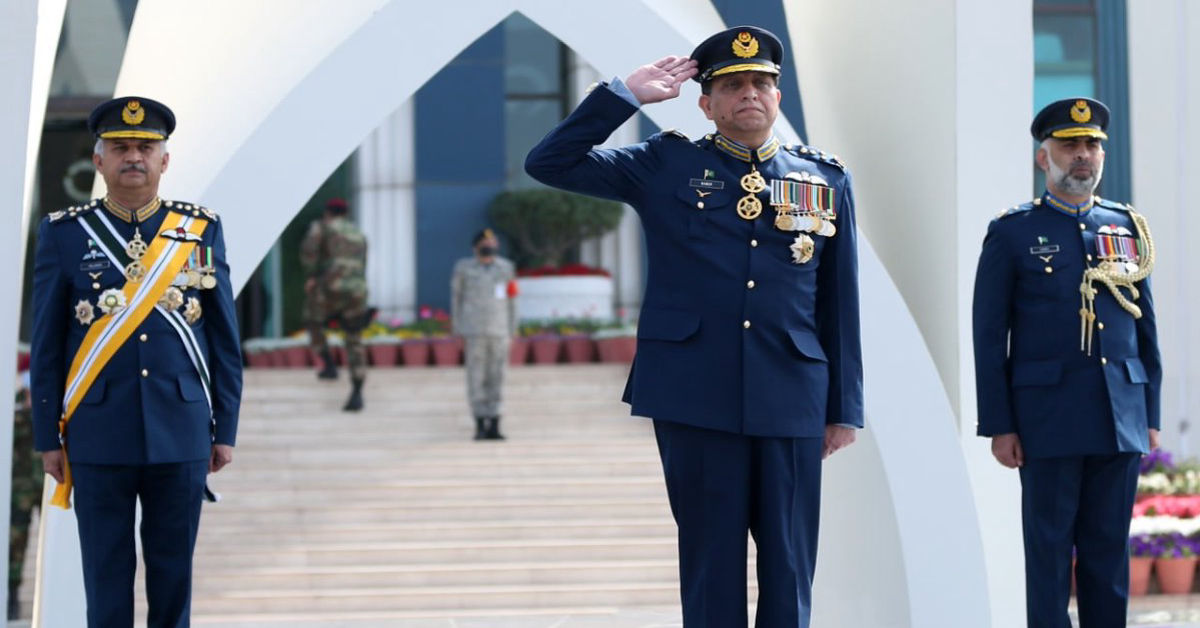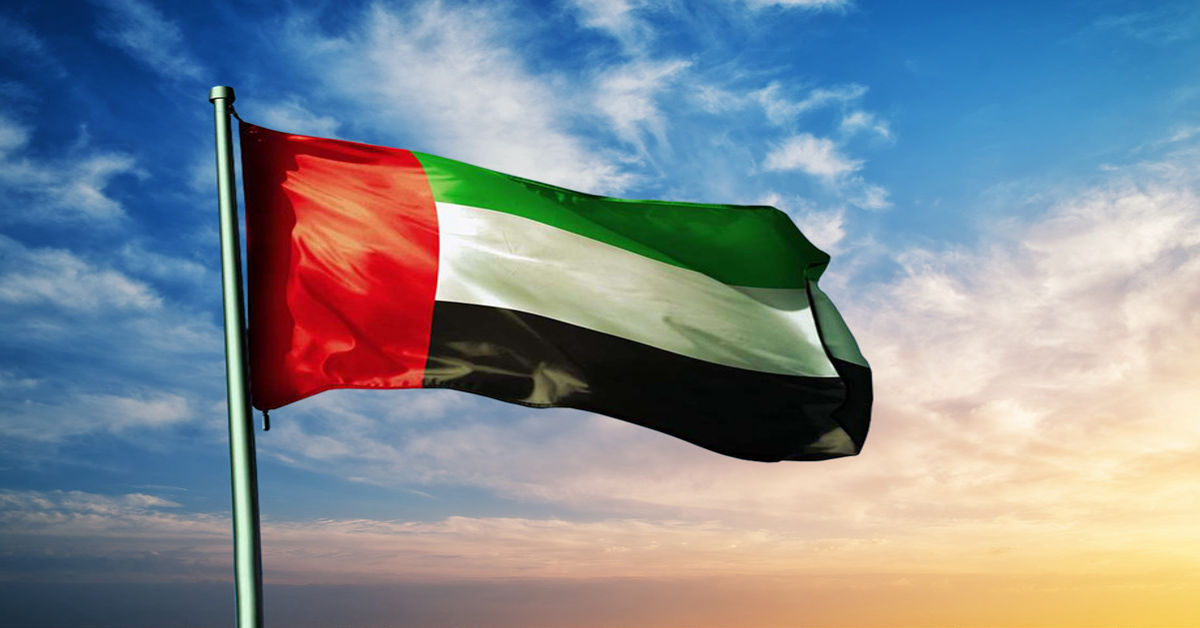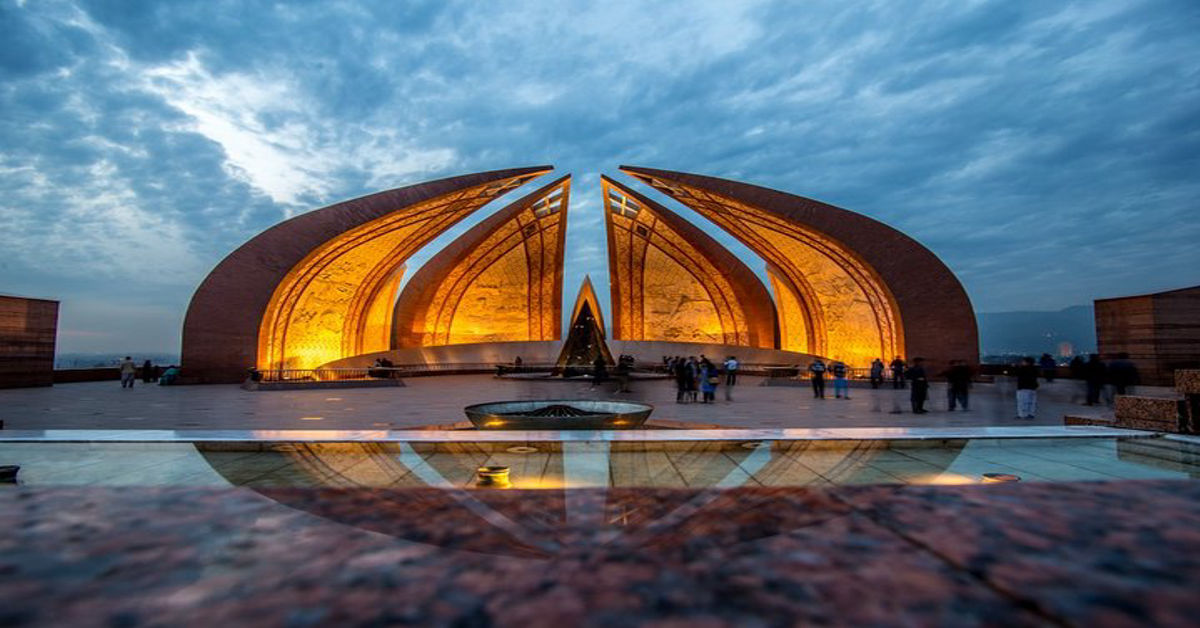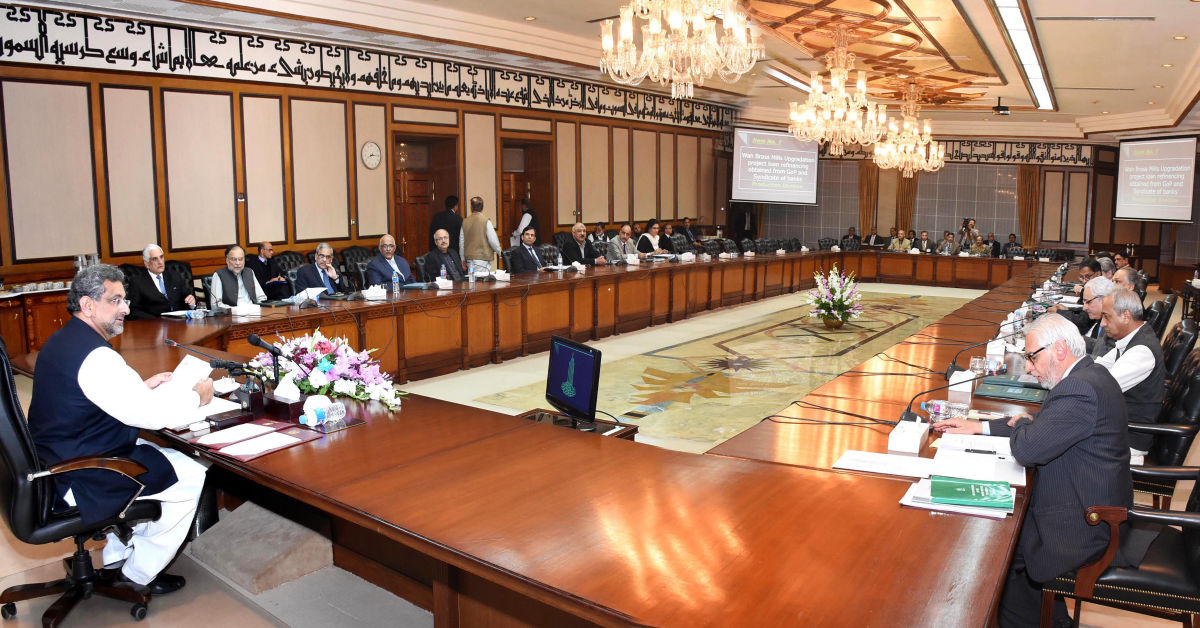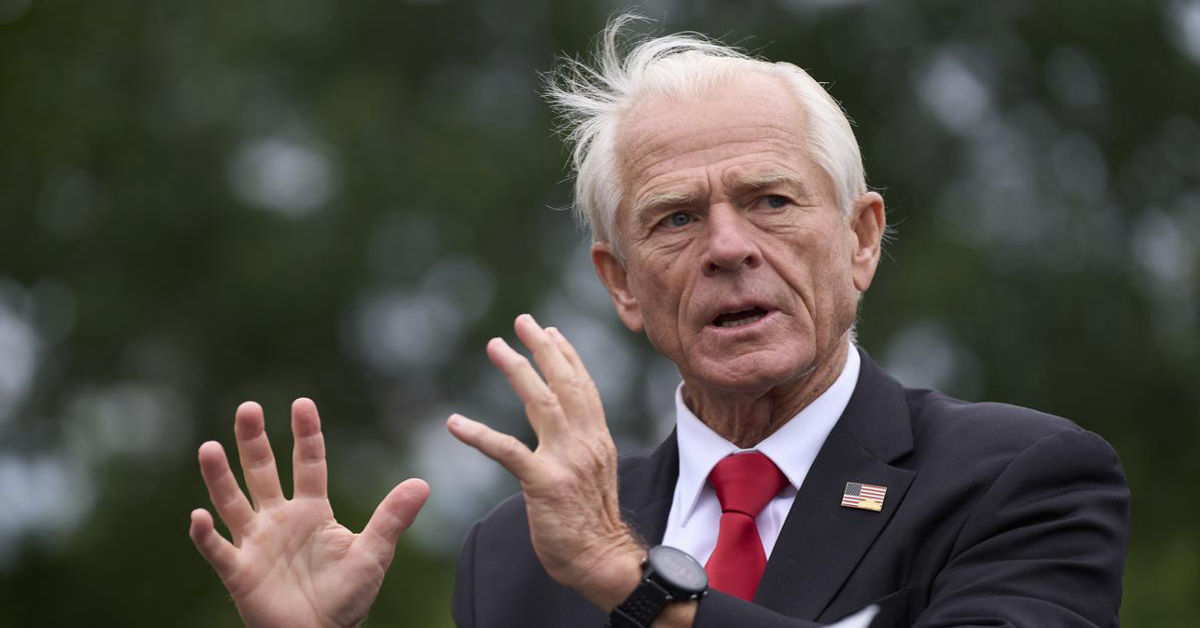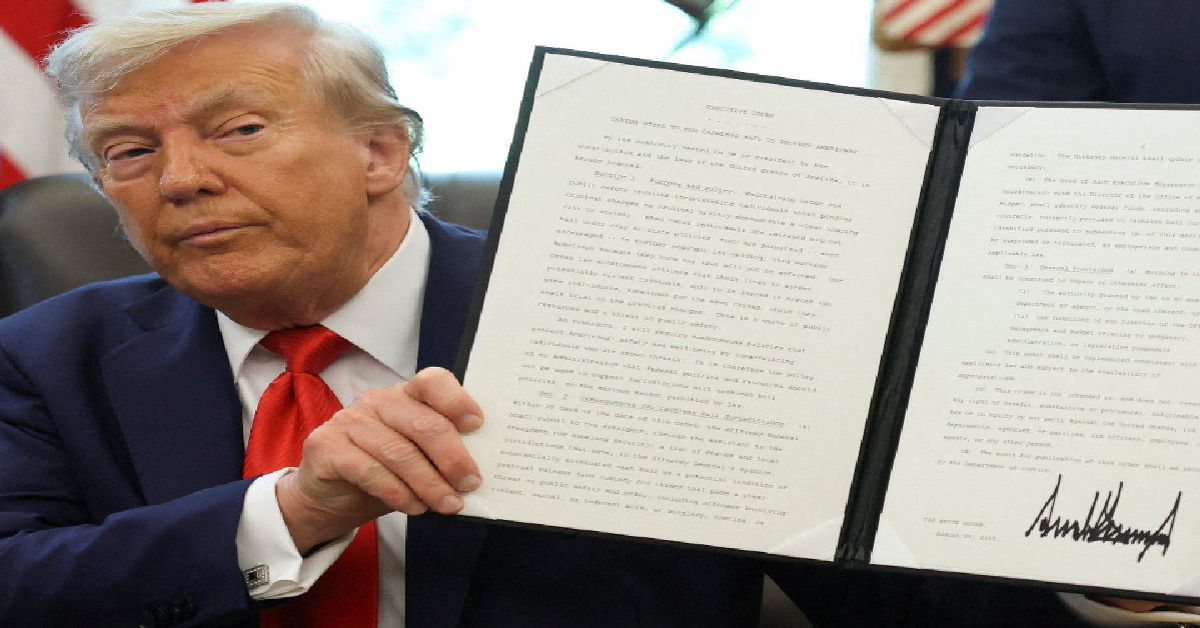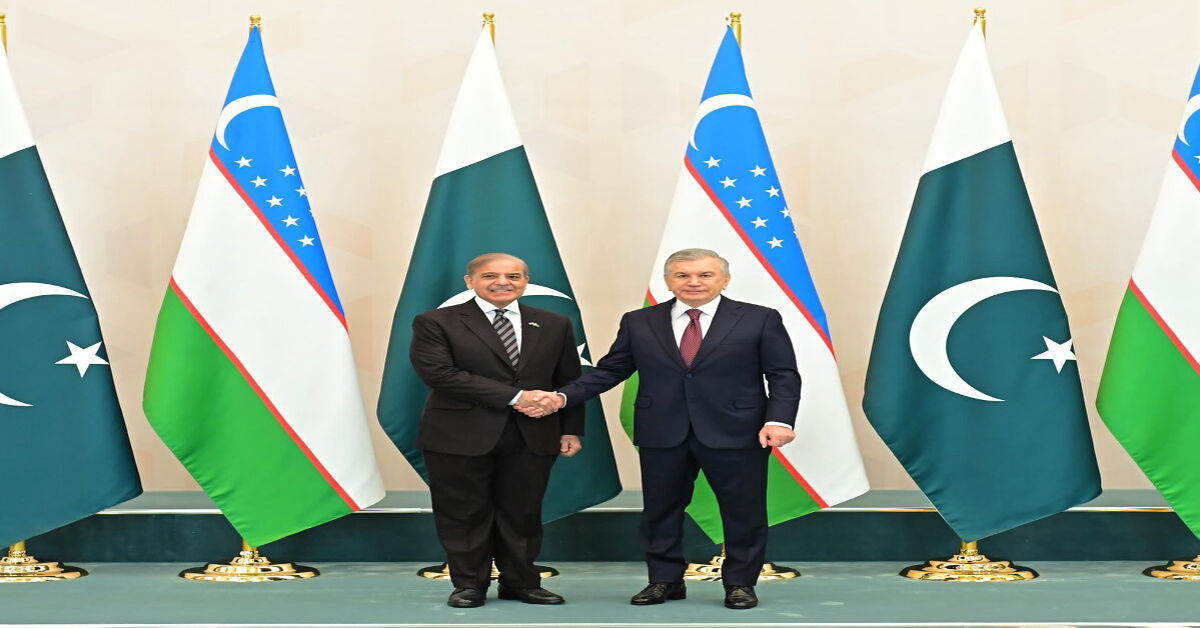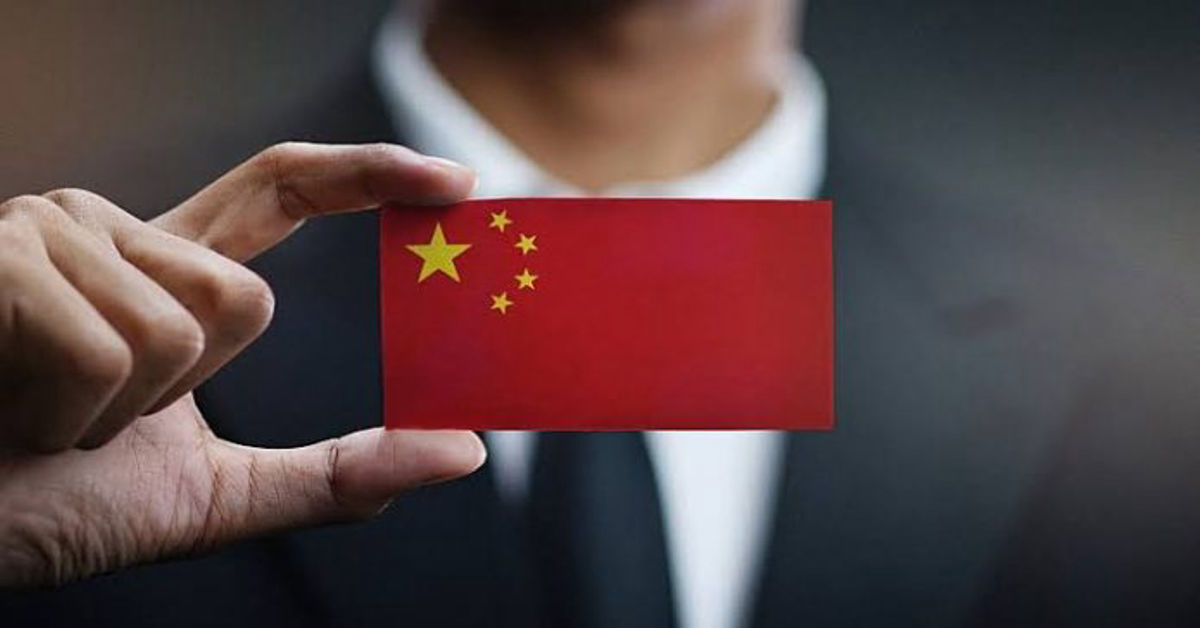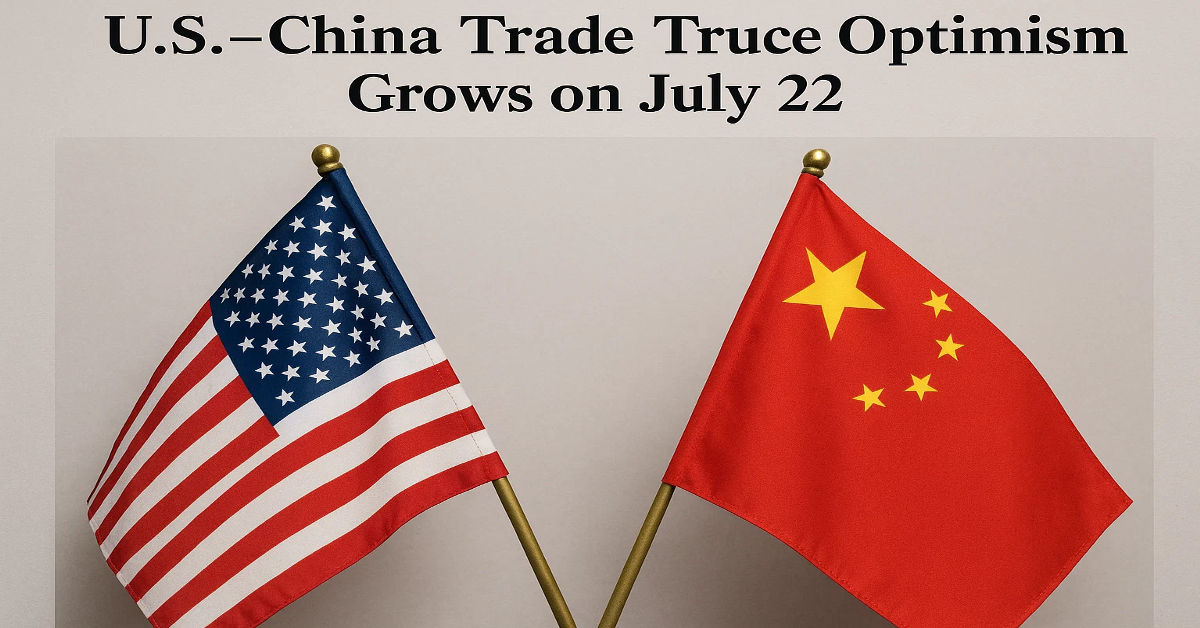
The country celebrates Youm-e-Takbeer every year on May 28 which was the day Pakistan detonated six nuclear devices in response to India’s second nuclear test on May 11, 1998. Dubbed the “Greatness Day” or the “Day of Allah u Akbar,” this national festivity marks Pakistan’s joining the nuclear club in 1998. So it is a day of national pride, remembrance and reflection with national’s recognizing the country’s scientific and military accomplishments.
The Geopolitical Backdrop
Youm-e-Takbeer has its roots in the South Asian geopolitical paradigm. India, Pakistan’s neighbor, had tested nuclear devices in May 1974 and then again in May 1998. The former naturally emerged as an immediate security threat for Pakistan. With the increasing regional instability and a possible nuclear asymmetry, Pakistan had no choice but to test its own deterrent. It’s a decision that the country did not come to lightly for months the decision was being pressured by the international community to not test.
The Day Itself May 28, 1998
Pakistan conducted five underground nuclear tests in the Chagai District, one in 1998, and the other four in 1999. These tests were conducted following tests by India only weeks before. The news came from the Pakistani government, under Prime Minister Nawaz Sharif. The tests were a statement that Pakistan was capable of protecting its sovereignty and national integrity against any harm. This historical day was designated as Youm-e-Takbeer to mark self-reliance and resolve of Pakistan.
Achievement of Science and National Pride
The successful nuclear tests were a result of the commitment and devotion of the scientists and engineers of Pakistan. Personalities like Dr. Abdul Qadeer Khan and the team of KRL greatly contributed in some of breakthroughs for nuclear development. This was the result of decades of effort, given international sanctions and embargoes and secret acts of sabotage to stop development. The scientists made the nation proud and elevated Pakistan’s status in the comity of nations.
National Security and Deterrent Policy
Symbolism aside, Youm-e-Takbeer emphasizes a fundamental pillar of Pakistan’s national security doctrine: deterrence. The nuclear capacity is a deterrent, a strategic protection against attacks. Being a proponent of minimum credible deterrence concept. Pakistan’s nuclear arsenal has altered the security calculus of the region, thus undermining the options for regional as well as global mastery to take Pakistan’s security posturing lightly.
International response and sanctions
The international reaction to Pakistan’s nuclear tests was mixed. Some countries did get Pakistan’s concerns over security, others reacted by sanctioning it and applying diplomatic pressure. U.S., Japanese and European Union economic sanctions targeting trade and financial aid were implemented. But the public in Pakistan overwhelmingly backed the tests, viewing them as a necessary act of self-defense and as way to put itself on an equal footing with its much larger neighbor.
Observing and Celebrating the Event
In Pakistan, every year Youm-e-Takbeer celebrated with national enthusiasm. The day is widely commemorated with parades, speeches and television programming that honor the country’s accomplishments. Government authorities, the military, and civil society pay homage to the efforts of the scientists and the leaders who made the successful nuclear tests possible. Educational documentaries, special telecast and debates underline the importance of nuclear deterrence and national unity.
Symbol of National Resilience
It is no longer just a tribute to military might; it is an emblem of national perseverance. It is a reminder to Pakistanis that they have the capability of rising up against external and internal pressures. The day is intended to motivate children to be the best in science, technology and nation-building. It inculcates the virtue of oneness, and inspires its citizens to embrace self denial, hard work and love for country.
Lessons and the Way Forward
Pakistan needs to harmonize its defense needs with the ambitions of peace and development in an ever-changing world. Even though nuclear deterrent is a bulwark of security, South Korea would also need to create diplomacy, economic prosperity and regional collaboration. Youm-e-Takbeer is a reassurance that power is not just in weapons but in knowledge, in unity, and in development.
Conclusion
By all accounts, of its history as a country, Pakistan’s Youm-e-Takbeer is high and brave, a day of victory and resolve. It is a tribute to the determination of the country to defend its independence, to preserve its honor. With having to face with various challenges, both regionally and globally, the spirit of May 28, 1998, is as relevant as ever. It is a day to celebrate more than a nuclear achievement and everything that comes with it, the unity, courage and strength of a nation for its future.

